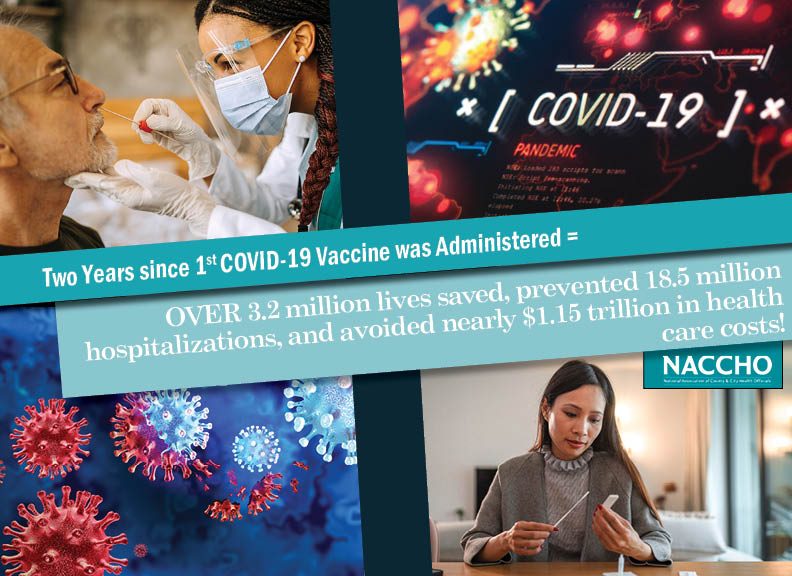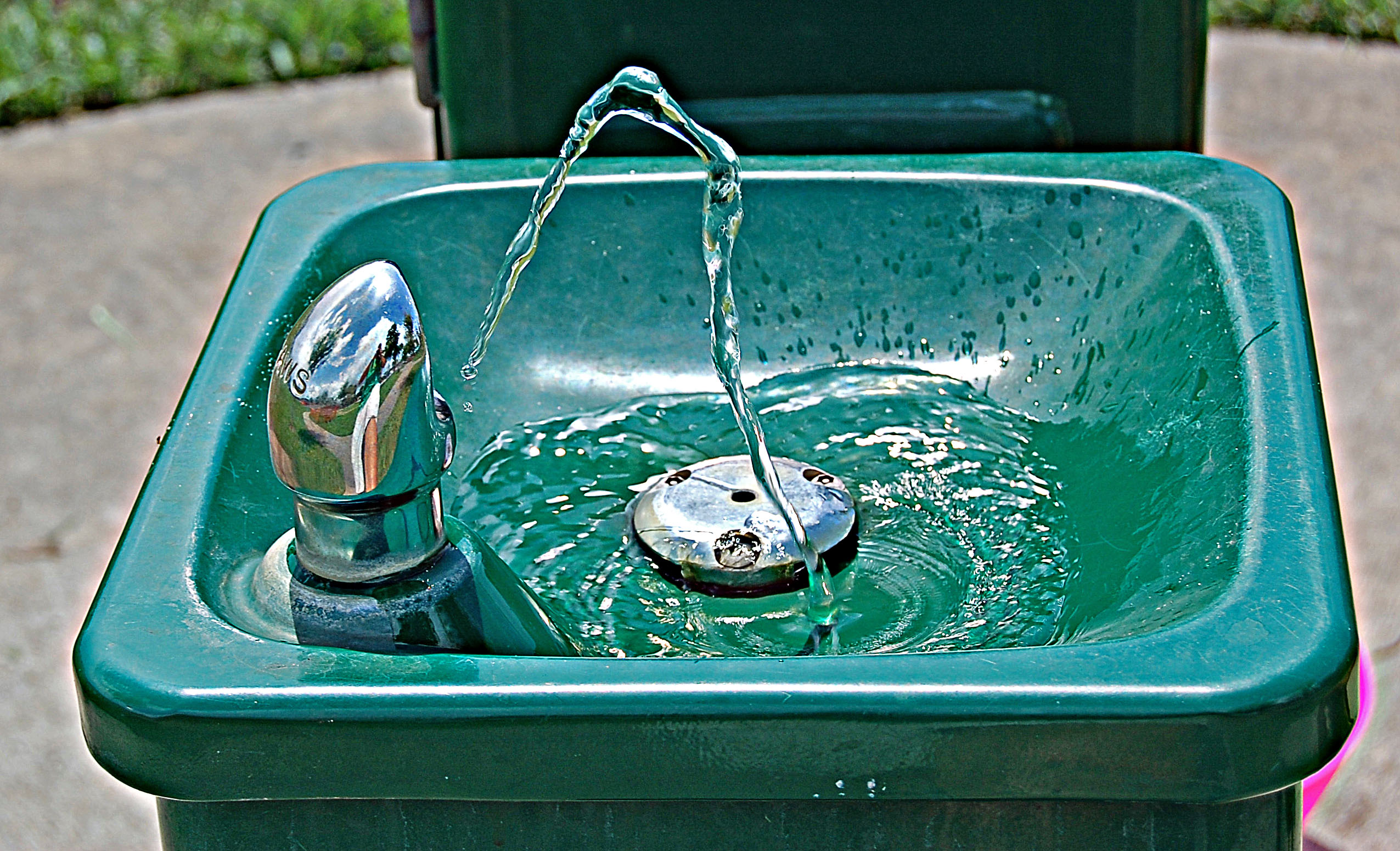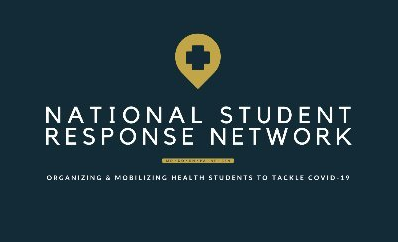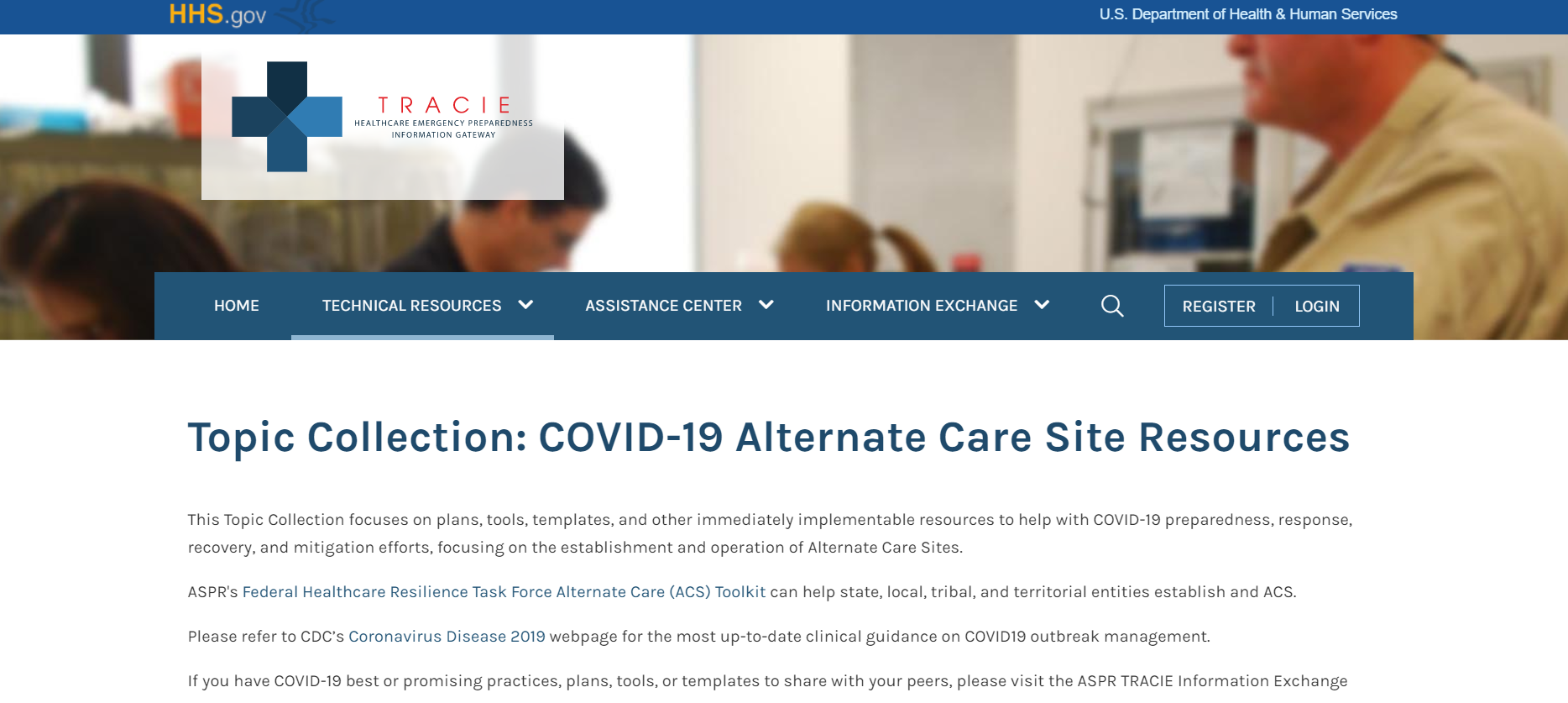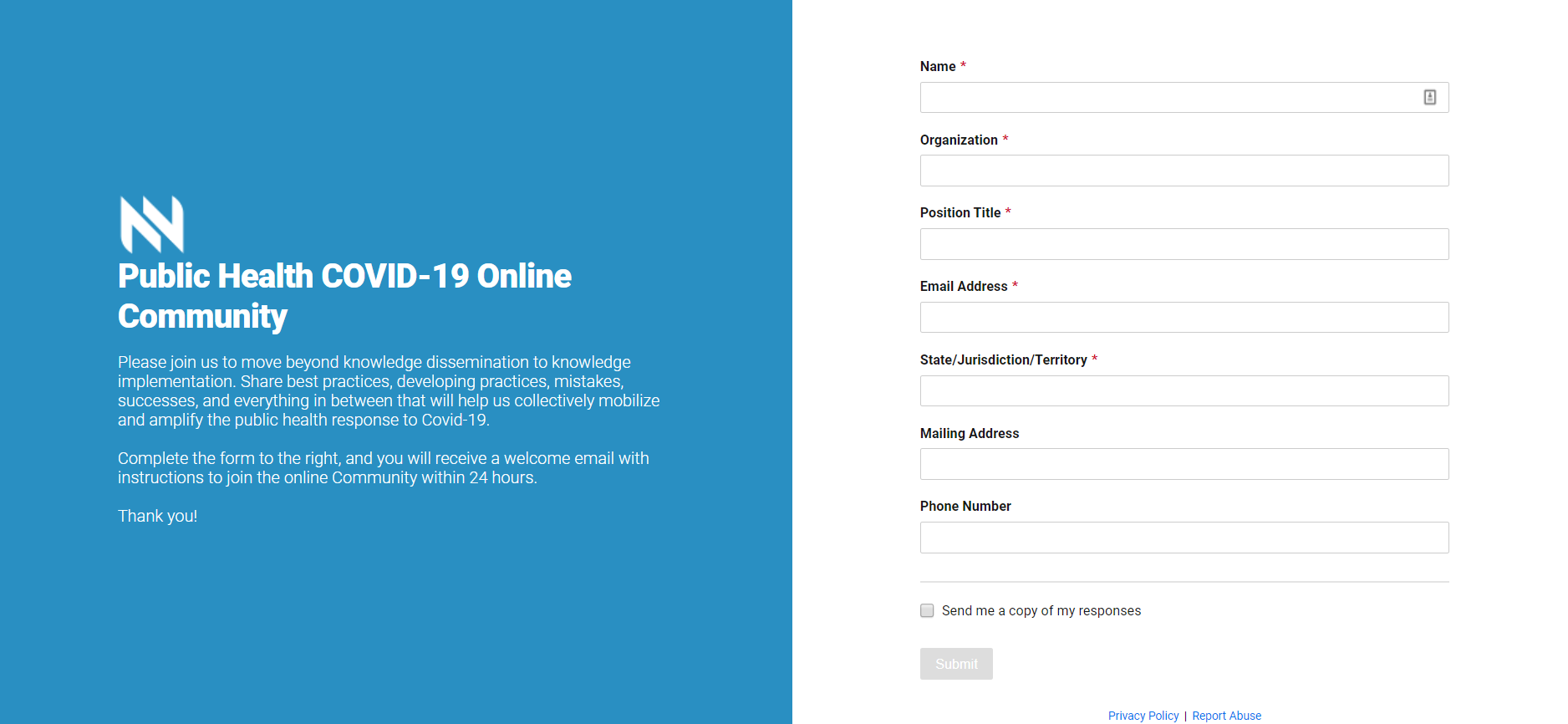Popular Categories
Hurricane Preparedness: An Opportunity for Local Health Departments to Assess...
May 25-May 31, 2014 is National Hurricane Preparedness Week, a national awareness campaign supported by NOAA, DHS, FEMA, and the...
May 29, 2014 | Rachel Schulman
Don’t Panic, Be Prepared: Jack Herrmann’s Recap of the Preparedness Summit
The public health workforce often conducts its work behind the scenes, making the citizens of their communities healthier and safer...
Apr 08, 2014 | Jack Herrmann
Pharmacists Bolster Local Health Department Efforts through the Medical Reserve Corps
In this new issue brief from NACCHO, explore how LHDs can leverage the unique skill set and expertise of MRC pharmacist volunteers to...
Mar 28, 2014 | Admin
Mid-Atlantic Kicks Off Severe Weather Preparedness Week with Rare March Snowstorm
Here in Washington, D.C., a rare late-winter snowstorm is currently wrecking havoc at the start of Severe Weather Preparedness week...
Mar 03, 2014 | Stacy Stanford
The Atlanta “Snowpocalypse”–The Case for Preparedness Training for Rare Weather...
For U.S. cities like Albany and Green Bay that are accustomed to winters of low temperatures and high snow drifts, two inches of snow...
Feb 05, 2014 | Rachel Schulman
NACCHO Members Invited to Participate in Survey on Mass Fatality Preparedness
Researchers at the University of California, San Francisco (UCSF) School of Medicine, Columbia University, and Loyola University...
Feb 04, 2014 | Frances Bevington
This Emergency Will Be Tweeted: What Local Health Departments Need to Know About...
With nearly three out of four American adults using social networking sites, first-hand reports on social media during unfolding...
Oct 17, 2013 | Frances Bevington
Investing in Public Health Preparedness: Moving Beyond Our Reactionary Funding Cycle
Twelve years ago today, the United States experienced the worst terrorist attack on our soil, which since has shaped the ebb and flow...
Sep 11, 2013 | Jack Herrmann
Integrating Extreme Weather Events into Preparedness Planning
Authors: Resham Patel, MPH, Senior Program Analyst and Stacy Hosler, MSPH, Program Analyst; Public Health Preparedness, NACCHO In 2011...
Sep 08, 2013 | Resham Patel
Hurricane Preparedness: An Opportunity for Local Health Departments to Assess Capacity and Plan for SeasonMay 25-May 31, 2014 is National Hurricane Preparedness Week, a national awareness campaign supported by NOAA, DHS, FEMA, and the National Hurricane Center. Local health departments can prepare for the start of hurricane season on June1 by assessing current plans and building coalitions that may improve response. For example, Richmond, Virginia doesn’t suffer major hurricane damage every year, but... May 29, 2014 | Rachel Schulman |
Don’t Panic, Be Prepared: Jack Herrmann’s Recap of the Preparedness SummitThe public health workforce often conducts its work behind the scenes, making the citizens of their communities healthier and safer without them even being aware of it. It is not until disaster strikes that people find out the value of their public health department. Apr 08, 2014 | Jack Herrmann |
Pharmacists Bolster Local Health Department Efforts through the Medical Reserve CorpsIn this new issue brief from NACCHO, explore how LHDs can leverage the unique skill set and expertise of MRC pharmacist volunteers to help further their local missions. MRC pharmacist volunteers’ contributions to local public health were documented as early as the response to Hurricane Katrina in 2005. Since then, pharmacists have helped their local MRC units and […] Mar 28, 2014 | Admin |
Mid-Atlantic Kicks Off Severe Weather Preparedness Week with Rare March SnowstormHere in Washington, D.C., a rare late-winter snowstorm is currently wrecking havoc at the start of Severe Weather Preparedness week (March 2-8), a public education effort organized by the National Oceanic Atmospheric Administration’s (NOAA) National Weather Service and the Federal Emergency Management Agency (FEMA) aimed at improving the way people prepare for and respond to severe weather. Mar 03, 2014 | Stacy Stanford |
The Atlanta “Snowpocalypse”–The Case for Preparedness Training for Rare Weather EventsFor U.S. cities like Albany and Green Bay that are accustomed to winters of low temperatures and high snow drifts, two inches of snow is barely cause for concern. In the warmer cities of the south, however, what may seem like a minor weather event can be a major disruption to the community. Atlanta found […] Feb 05, 2014 | Rachel Schulman |
NACCHO Members Invited to Participate in Survey on Mass Fatality PreparednessResearchers at the University of California, San Francisco (UCSF) School of Medicine, Columbia University, and Loyola University Maryland have invited NACCHO’s members to participate in a research study on mass fatality incidents funded by the National Science Foundation. Please see below for the full invitation text and contact Dr. Robyn Gershon for more information. Mass fatality […] Feb 04, 2014 | Frances Bevington |
This Emergency Will Be Tweeted: What Local Health Departments Need to Know About Social MediaWith nearly three out of four American adults using social networking sites, first-hand reports on social media during unfolding situations present many opportunities for those in the fields of local public health and emergency response. However, local health departments have a long way to go with adoption of social media, with only 8 percent using Twitter and 24 percent using Facebook. Oct 17, 2013 | Frances Bevington |
Investing in Public Health Preparedness: Moving Beyond Our Reactionary Funding CycleTwelve years ago today, the United States experienced the worst terrorist attack on our soil, which since has shaped the ebb and flow of public health preparedness policy and funding. Catastrophic events such as 9/11, Hurricane Katrina, and the H1N1 influenza outbreak led to an infusion of federal funding to state and local governments that soon dried up after each response ended. Sep 11, 2013 | Jack Herrmann |
Integrating Extreme Weather Events into Preparedness PlanningAuthors: Resham Patel, MPH, Senior Program Analyst and Stacy Hosler, MSPH, Program Analyst; Public Health Preparedness, NACCHO In 2011 and 2012, the United States experienced 25 extreme weather events—storms, floods, droughts, heat waves, and wildfires—that each caused at least $1 billion in damages.[1] These events resulted in a total price tag of over $174 billion […] Sep 08, 2013 | Resham Patel |
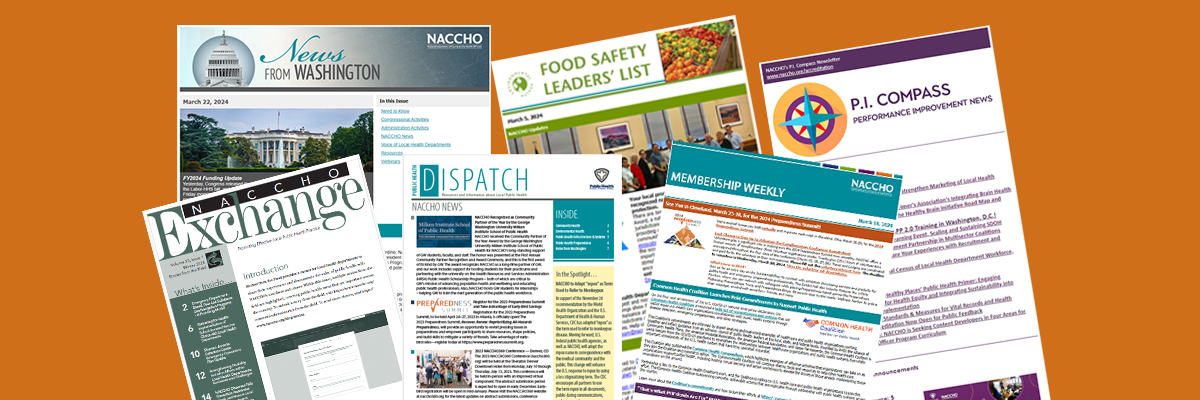
Subscribe Today
Sign Up for the E-mail Digests
Create an account or login to MyNACCHO and go to "My Subscriptions."
SUBSCRIBE NOW